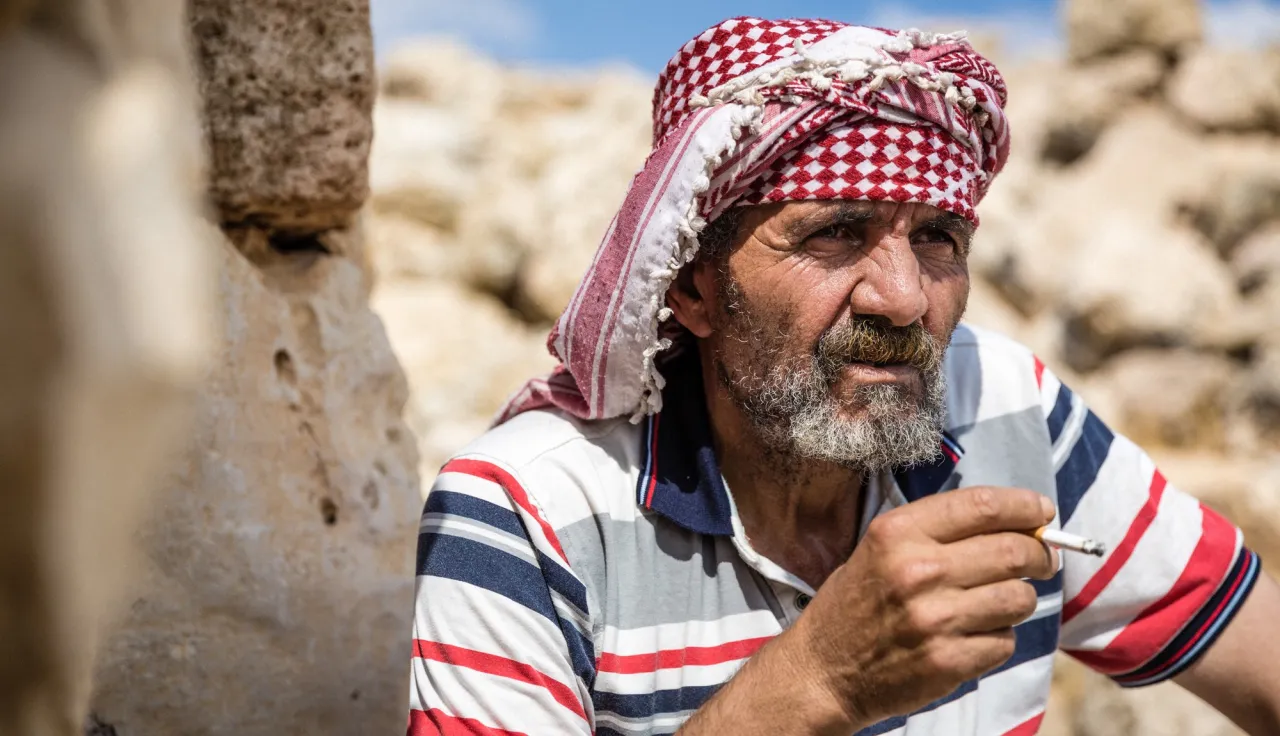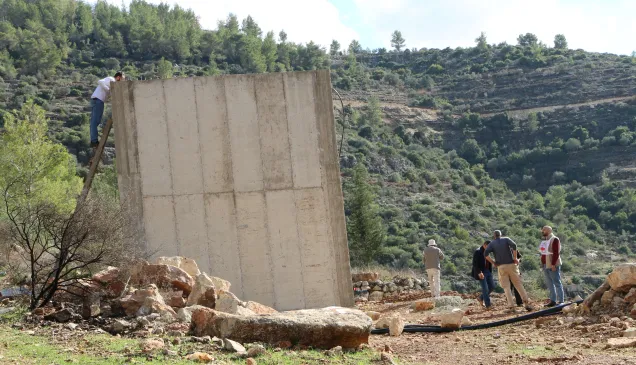In Israel and the occupied territories, a crisis of hope pervades

The policies surrounding the construction and expansion of Israeli settlements are a key factor in most of the humanitarian challenges the ICRC deals with on a daily basis in the West Bank.
The long-term, harmful consequences of these policies for Palestinians and Israeli settlers, alike, have been well documented.
For both sides, the current situation is untenable. All people must be able to live in dignity and have a possibility to build a better future for themselves and for their children.
Peter Maurer, the ICRC president, is visiting Israel and the occupied territories this week.
These kids don't yet know their school, close to a settlement, is under a demolition order. They just want to learn and play. #Bethlehem pic.twitter.com/LtWwBhIyDN
— Peter Maurer (@PMaurerICRC) September 6, 2017
In a speech given in Jerusalem on Thursday, he spoke of what he called the profound "crisis of hope" that he witnessed on both sides:
"This has been described by many others before me. The hope for a better future, for generations who have only known life under occupation, has all but evaporated."
The policies surrounding the settlements affect all areas of Palestinians' lives, and their ability to live in dignity, while exacerbating a climate of fear for Israeli civilians. These realities undermine the prospects of any just and lasting peace agreement.
The ICRC is calling on the Government of Israel to bring the principles of international humanitarian law back to the table in addressing the legal and humanitarian aspects of the settlement enterprise. Only then, will this crisis of hope be averted.
"Every responsible political decision must be made bearing in mind the effect it has on the lives of ordinary people," said Maurer. "It was a sobering experience for me to return after three years to see that things have only changed for the worse."



